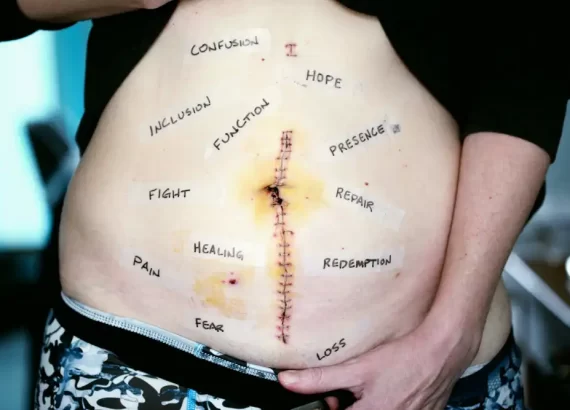Tips to Prevent Postpartum Depression

In the months leading up to childbirth, expectant mothers often find themselves juggling a thousand different priorities. On top of making their home a safe, comfy nest for their babies, many mothers often have responsibilities outside the home—trying to wrap up projects at work or providing care for extended family. In addition, during pregnancy, women’s bodies undergo tremendous, extraordinary changes, many of which make it harder to keep up the old pace even as more is demanded of them.
At the end of pregnancy, the toll of physical and emotional exhaustion leaves new mothers vulnerable to a period of postpartum depression. For weeks or months, waves of sadness and lethargy wash over them, keeping them from enjoying their newborn baby. It doesn’t have to be that way. Here are some tips to help prevent postpartum depression.
Set Realistic Expectations
Mothers are held to an impossible set of standards—not just by society but by themselves. They are expected to do it all, even while recovering from the physical demands of labor. In the days after labor, you will face countless financial, emotional, and physical challenges.
Accordingly, it’s important to set realistic expectations for what comes next:
- Healing takes time. Your body needs plenty of rest to recover from labor. Don’t expect to be able to do everything you could before overnight.
- Babies are as exhausting as they are cute. It’s okay for you to feel frustrated or sad. Those feelings are natural and don’t make you a bad mother.
- Being a mom is a skill, and skills need to be learned. With time, you and your baby will bond and learn to work together. That might take days, weeks, or even months.
- Some babies cry—a lot—no matter what you do. Colic isn’t a buzzword—it’s a real condition typified by hours upon hours of crying. Remember: your baby isn’t broken, and you aren’t a failure; colic will pass with time.
Engage Friends & Family for Help
Over the course of your pregnancy and the days immediately after, you might find people offering to help without knowing how. Frequently, people turn down these offers because they feel guilty or they don’t know what to ask for. Instead, think ahead of a list of household tasks or items that might be helpful. Remember, the people who love you want to help. Don’t be afraid to let them know you need a hand. Be ready with specific guidance when they do.
Here are some examples of things you can ask for help with:
- Send someone out for groceries with a shopping list.
- Invite them over to watch the baby so you can take a nap.
- Have them accompany you to run some errands.
- Ask for help with household chores: doing a load of laundry, cleaning dishes, or tidying up.

Let Off Steam
Having a baby is a huge life change. I always tell new moms to expect to be sad, grumpy, and exhausted. Some days you’ll be ready to explode. That’s natural. Find healthy outlets for that pressure, like light exercise, journaling, or support groups.
Get Support
One of the best ways to prevent postpartum depression is to connect with a therapist. It’s best to find one before you give birth, so you can make a plan of action together, establish trust, and get to know each other. Their distance from your situation will give you a place to vent your feelings. Your partner, friends, and even your family will likely drive you nuts while you’re adapting to motherhood.
If you’re interested, reach out today to schedule a free consultation so I can talk to you about my experience working helping new moms manage postpartum depression.





